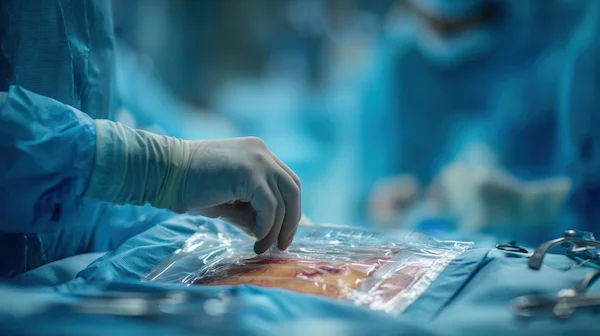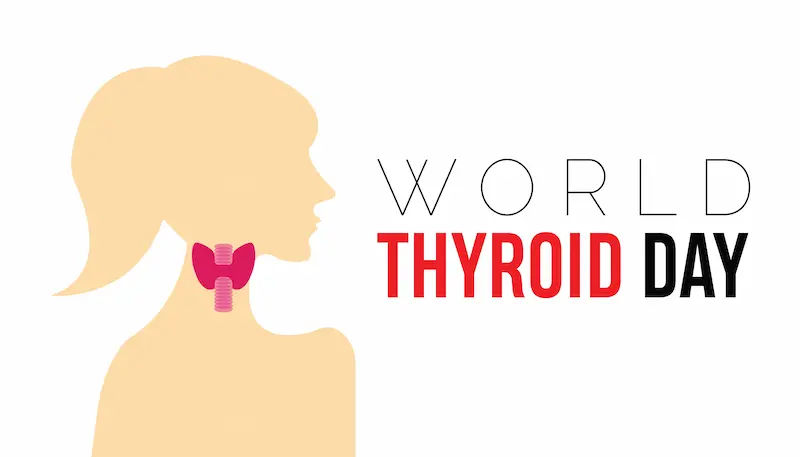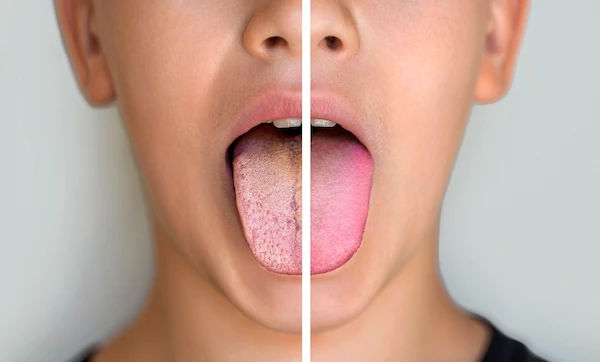Hypocalcemia and Its Underlying Complications
Discover hypocalcemia, its causes, symptoms, and potential complications. Learn how low calcium levels impact the body and explore effective treatment options.

Written by Dr. M L Ezhilarasan
Reviewed by Dr. Shaik Abdul Kalam MD (Physician)
Last updated on 13th Jan, 2026

Hypocalcemia is a medical condition where the calcium levels in your blood are lower than normal. Calcium is essential for strong bones, proper muscle function, nerve signaling, and heart health. When calcium levels drop too low, it can lead to various health complications.
In this article, we’ll discuss what hypocalcemia is, its symptoms, causes, potential complications, and how you can manage it effectively.
What is Hypocalcemia?
Hypocalcemia occurs when the calcium levels in your blood fall below the normal range (usually less than 8.5 mg/dL in adults). Calcium plays a crucial role in:
- Strengthening bones and teeth
- Helping muscles contract and relax
- Supporting nerve function
- Ensuring proper blood clotting
- Maintaining a steady heartbeat
When calcium levels are low, your body struggles to perform these functions efficiently, leading to various symptoms and health risks.
Consult a Top Specialist
Symptoms of Hypocalcemia
The signs of hypocalcemia can range from mild to severe, depending on how low your calcium levels are. Common symptoms include:
- Muscle cramps or spasms (especially in the hands, feet, or face)
- Tingling or numbness in fingers, toes, or around the mouth
- Fatigue and weakness
- Dry skin and brittle nails
- Memory problems or confusion
- Irregular heartbeat (arrhythmia)
- Seizures (in severe cases)
If you experience any of these symptoms persistently, consult a doctor for proper diagnosis and treatment.
What Causes Hypocalcemia?
Several factors can lead to low calcium levels, including:
1. Vitamin D Deficiency
- Vitamin D helps your body absorb calcium from food. Without enough vitamin D, your calcium levels may drop.
2. Hypoparathyroidism
- The parathyroid glands regulate calcium levels. If they don’t produce enough parathyroid hormone (PTH), calcium absorption decreases.
3. Kidney Disease
- Kidneys help activate vitamin D and remove excess phosphorus. If kidneys aren’t functioning well, calcium levels may drop.
4. Magnesium Deficiency
- Magnesium is needed for PTH production. Low magnesium can indirectly cause hypocalcemia.
5. Certain Medications
- Some drugs (like diuretics, chemotherapy, or antiepileptics) can interfere with calcium absorption.
6. Poor Dietary Intake
- Not consuming enough calcium-rich foods (dairy, leafy greens, nuts) can contribute to low calcium levels.
Complications of Untreated Hypocalcemia
If left untreated, hypocalcemia can lead to serious health problems, such as:
- Osteoporosis (weak, brittle bones prone to fractures)
- Dental problems (tooth decay, gum disease)
- Neurological issues (seizures, memory loss)
- Heart problems (irregular heartbeat, heart failure)
- Muscle dysfunction (chronic cramps, spasms)
Early diagnosis and treatment can prevent these complications.
How is Hypocalcemia Diagnosed?
Doctors diagnose hypocalcemia through:
- Blood tests (measuring calcium, vitamin D, PTH, magnesium levels)
- Urine tests (to check calcium excretion)
- ECG (to detect irregular heart rhythms)
If you suspect hypocalcemia, consult a doctor for proper testing.
Get Your Health Assessed
Managing Hypocalcemia: Treatment and Lifestyle Tips
Treatment depends on the cause and severity of hypocalcemia. Common approaches include:
1. Calcium and Vitamin D Supplements
Doctors may prescribe calcium (calcium carbonate or citrate) and vitamin D supplements.
Follow dosage instructions carefully to avoid side effects.
2. Dietary Changes
Eat calcium-rich foods such as:
- Dairy products (milk, cheese, yogurt)
- Leafy greens (spinach, kale)
- Fortified foods (cereals, plant-based milk)
- Nuts and seeds (almonds, chia seeds)
3. Magnesium Intake
If magnesium deficiency is the cause, include magnesium-rich foods like bananas, nuts, and whole grains.
4. Limiting Phosphorus
High phosphorus (found in processed foods, sodas) can worsen calcium loss. Reduce intake of such foods.
5. Regular Monitoring
Get periodic blood tests to check calcium, vitamin D, and PTH levels.
6. Managing Underlying Conditions
If kidney disease or hypoparathyroidism is the cause, treating the root condition is essential.
When to See a Doctor?
Seek medical attention if you experience:
- Severe muscle spasms or seizures
- Irregular heartbeat
- Persistent numbness or tingling
- Unexplained fatigue or confusion
Early treatment can prevent complications and improve quality of life.
Final Thoughts
Hypocalcemia is a manageable condition with proper care. If you suspect low calcium levels, consult a doctor for testing and personalized treatment. Simple dietary changes, supplements, and regular monitoring can help maintain healthy calcium levels and prevent complications.
Consult a Top Specialist
Consult a Top Specialist

Dr. Vivek D
General Physician
4 Years • MBBS
Bengaluru
PRESTIGE SHANTHINIKETAN - SOCIETY CLINIC, Bengaluru

Dr Syed Mateen Pasha
General Physician
2 Years • MBBS
Bengaluru
PRESTIGE SHANTHINIKETAN - SOCIETY CLINIC, Bengaluru

Dr. Srujana Mulakalapalli
General Physician/ Internal Medicine Specialist
5 Years • MBBS, MD (GENERAL MEDICINE)
Bengaluru
Apollo Medical Center, Marathahalli, Bengaluru
(25+ Patients)

Dr. Harshendra Jaiswal
General Physician/ Internal Medicine Specialist
12 Years • MBBS , MD (General medicine)
Kolkata
108 DHANA DHANVANTARI Clinic, Kolkata
(25+ Patients)

Dr. Syed Ismail Ali
General Practitioner
7 Years • MBBS
Hyderabad
Apollo 24|7 Clinic, Hyderabad
Consult a Top Specialist

Dr. Vivek D
General Physician
4 Years • MBBS
Bengaluru
PRESTIGE SHANTHINIKETAN - SOCIETY CLINIC, Bengaluru

Dr Syed Mateen Pasha
General Physician
2 Years • MBBS
Bengaluru
PRESTIGE SHANTHINIKETAN - SOCIETY CLINIC, Bengaluru

Dr. Srujana Mulakalapalli
General Physician/ Internal Medicine Specialist
5 Years • MBBS, MD (GENERAL MEDICINE)
Bengaluru
Apollo Medical Center, Marathahalli, Bengaluru
(25+ Patients)

Dr. Harshendra Jaiswal
General Physician/ Internal Medicine Specialist
12 Years • MBBS , MD (General medicine)
Kolkata
108 DHANA DHANVANTARI Clinic, Kolkata
(25+ Patients)

Dr. Syed Ismail Ali
General Practitioner
7 Years • MBBS
Hyderabad
Apollo 24|7 Clinic, Hyderabad







